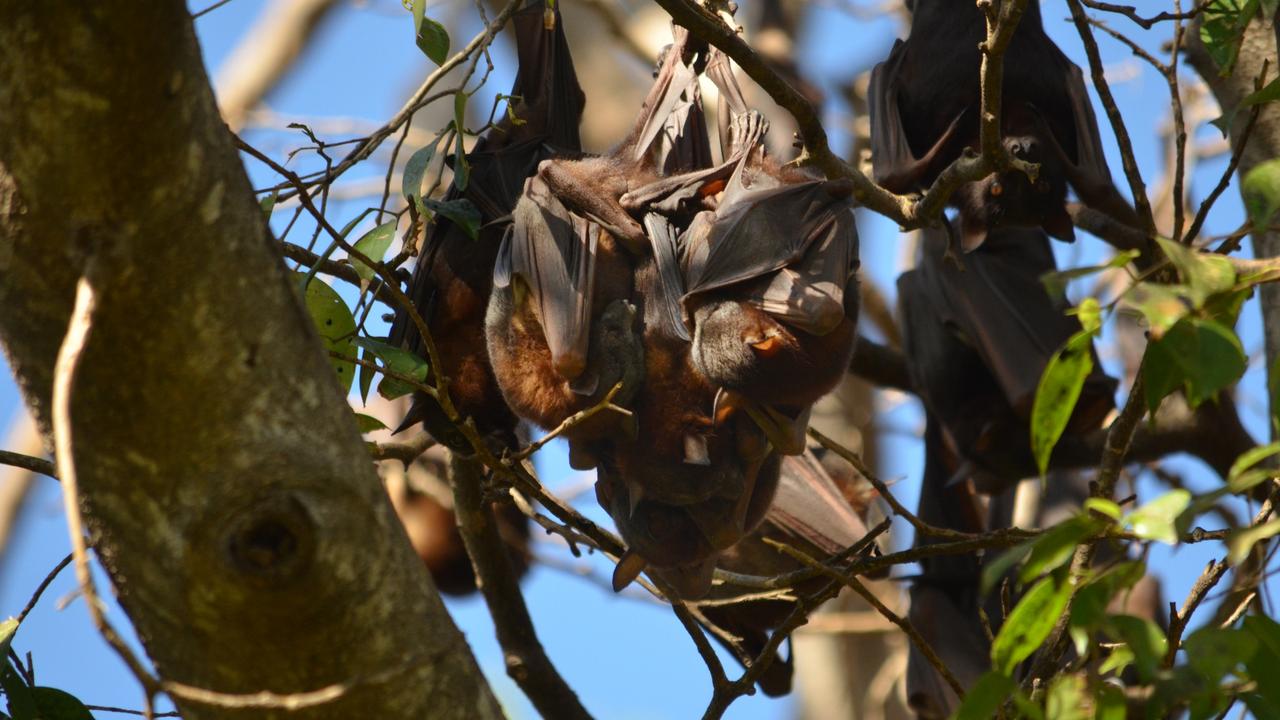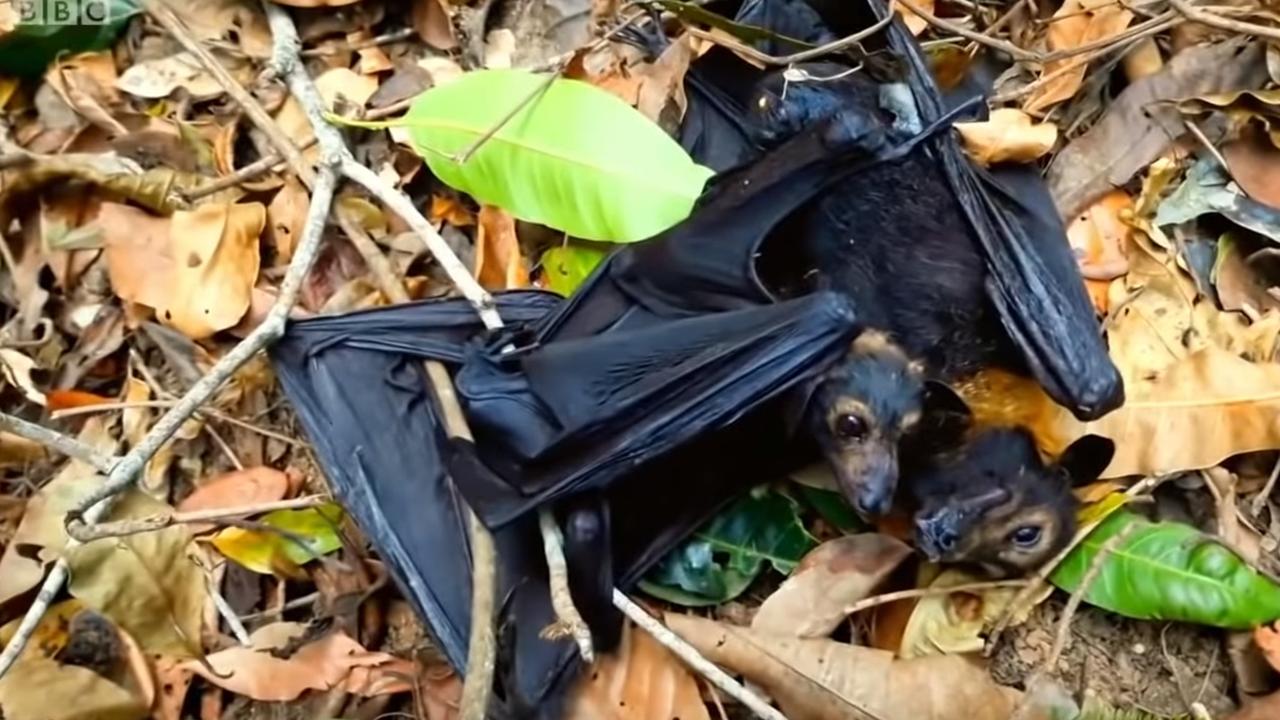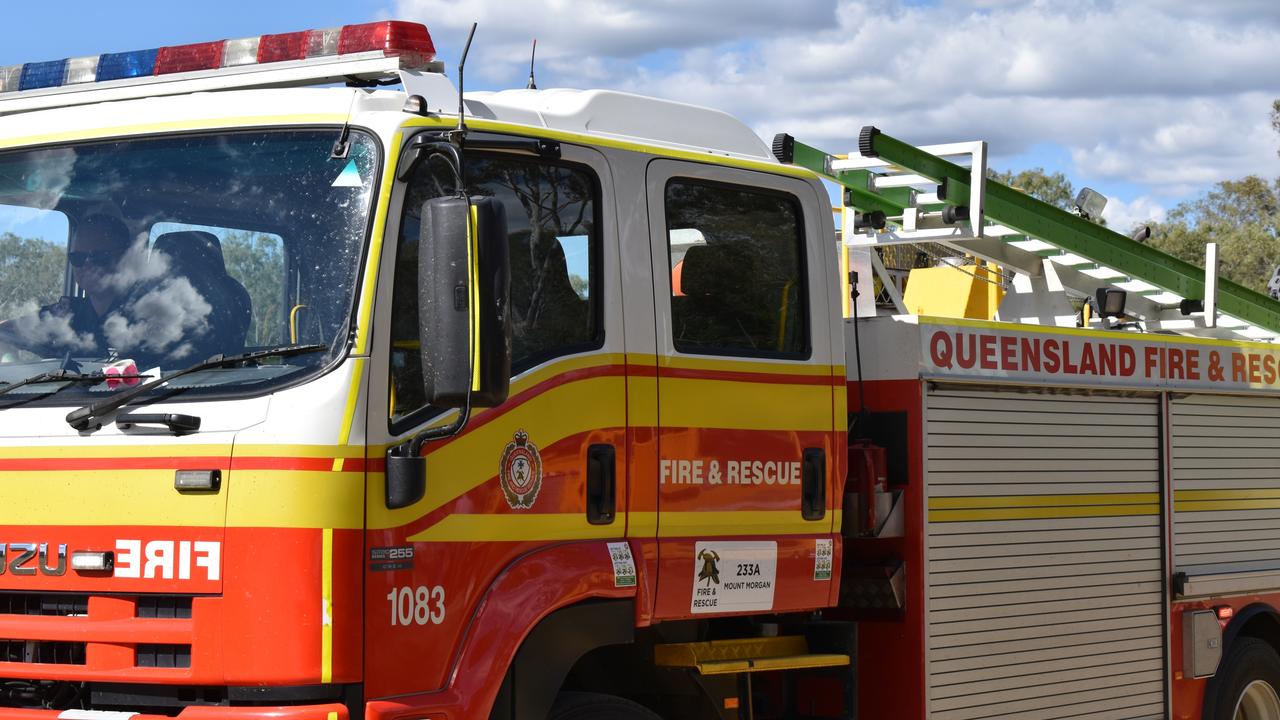Sick bat carrying fatal lyssavirus found at popular Ipswich family park
A sick bat found by early morning walkers at a popular Ipswich park has tested positive to a virus that can be fatal to humans.

Ipswich
Don't miss out on the headlines from Ipswich. Followed categories will be added to My News.
Ipswich residents are being urged not to touch bats or flying foxes after an injured bat infected with deadly lyssavirus was found at Queens Park on the weekend.
Residents out for an early morning walk on January 13 found the sick bat on the ground at the wildlife park, which is home to a large range of native animals and plants.
The bat later tested positive to the potentially fatal Australian Bat Lyssavirus (ABLV), which is closely related to the rabies virus.
West Moreton Health physician Penny Hutchinson said the walkers did the right thing by contacting authorities, rather than attempting to handle the bat themselves.
“The only people who should handle bats and flying foxes are trained handlers who are vaccinated and have appropriate protective equipment,” Dr Hutchinson said.
“Australian Bat Lyssavirus is a serious and often fatal virus in humans that attacks the nervous system, similar to rabies.
“Ninety-nine per cent of bat exposures occurred through people handling bats”.

Queensland Health said anyone bitten or scratched by a bat should seek urgent medical assessment as post-exposure treatment was available.
“There is no known effective treatment for the ABLV disease once symptoms have started, with ABLV becoming fatal once symptoms occur,” Queensland Health said.
“Prevention is the only way to avoid ABLV infection.
“ABLV infection in humans causes paralysis, delirium, convulsions and death.
“The time from exposure to the start of symptoms is variable, ranging from weeks to years.
“But it is important to seek urgent medical assessment, even if some time has elapsed since the potential exposure.
“The virus is spread from bats to humans when the saliva of an infected bat enters the human body, usually by a bite or scratch, or by getting bat saliva in the eyes, nose, or mouth, or onto a pre-existing break in the skin”.
ABLV has been reported only in Australia and may be present in any Australian bat population.
It should be assumed that any bat, sick or healthy, is infected.
The virus was first identified in a juvenile black flying fox near Ballina in NSW in 1995 during a national surveillance program for the then recently-discovered Hendra virus.
West Moreton Health urged anyone who found a bat stuck on fences, bird netting or on the ground to contact the RSPCA on 1300 ANIMAL (1330 264 625) or Bat Conservation and Rescue QLD on 0488 228 134.
More Coverage
Originally published as Sick bat carrying fatal lyssavirus found at popular Ipswich family park







